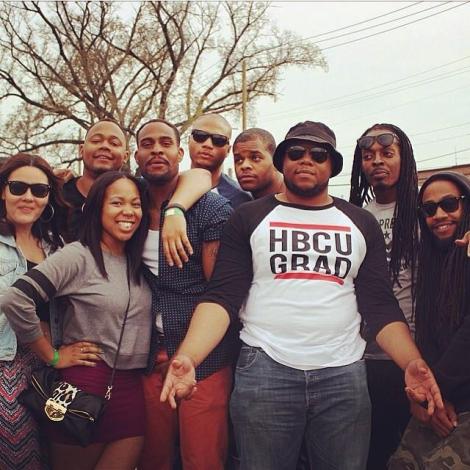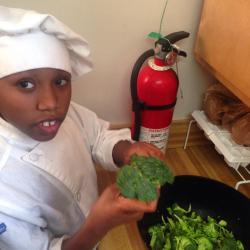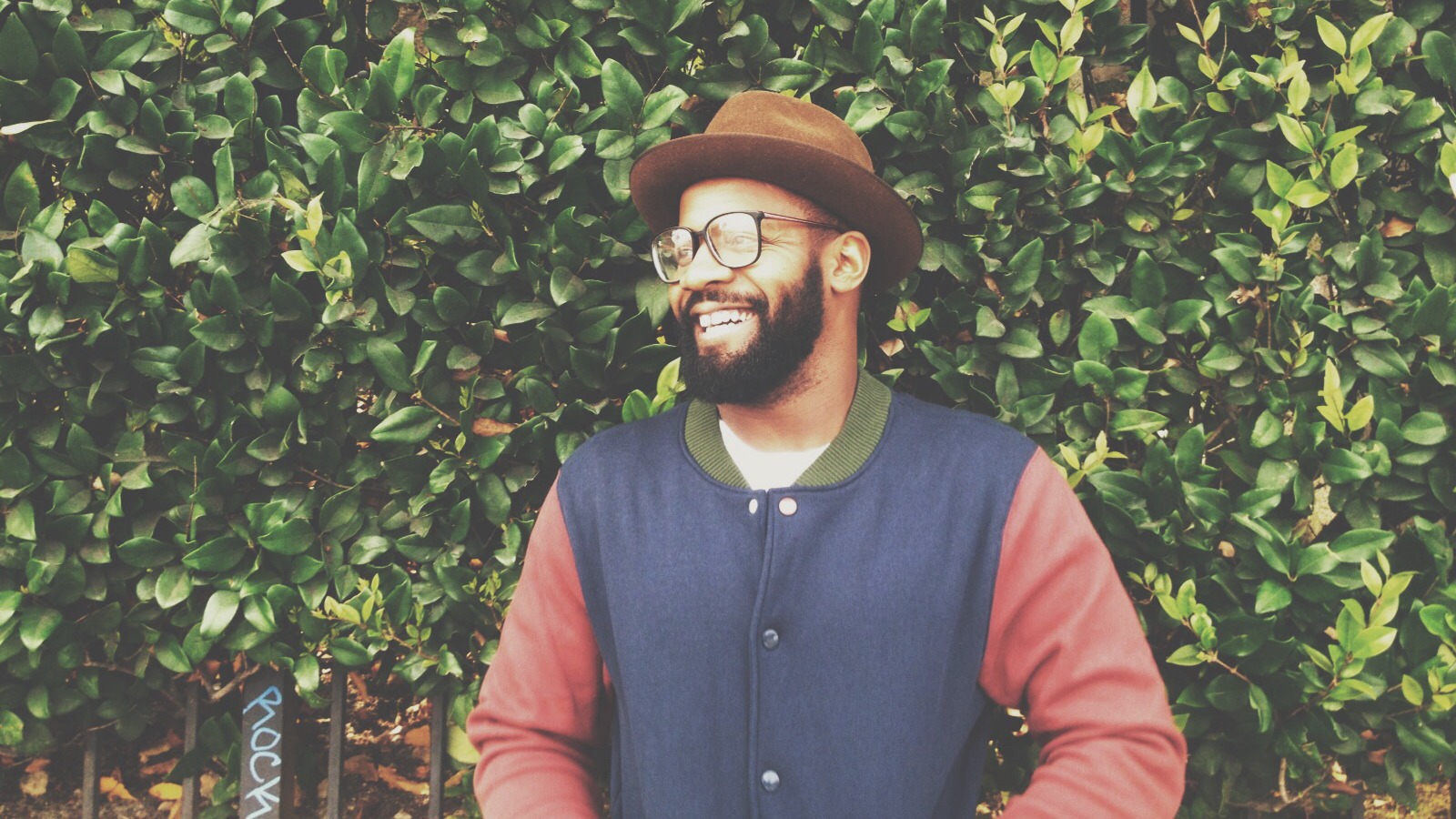Broccoli City isn’t your typical eco-festival. Sure, there are the organic food vendors and eco-friendly pop-up shops, carbon-free lifestyle information booths, and yoga and fitness classes. But there’s also hip-hop and R&B headliners like Cam’ron and JoJo performing on a solar-powered stage. The event’s goal is to empower young, hip, multiculti urbanites to make healthy food and lifestyle choices, environmentally conscious decisions, and then go out and spread the green gospel.
Festival founder Brandon McEachern says bringing sustainability to urban communities is all about delivering a green message with a fresh twist. Launched just last year, the Broccoli City Festival represents on both the East and West Coast: the Washington, D.C., festival was April 19 and the Los Angeles festival is tomorrow, May 3. He talked to Grist about how the Broccoli City Festival got started, why “green” and “eco” aren’t just for rich white people, and how to keep the message of healthy food and fitness strong in communities year-round. Here’s an edited and condensed version of what he had to say:
On Broccoli City Festival’s mission:
Broccoli City is a social enterprise where we focus on bridging the gaps between the urban community and the eco-friendly community via awareness. We never want to preach to anybody or say you need to be doing this or that. It’s all about meeting people where they are.
Our demographic is young professionals as well as college students. African Americans, Hispanics. But it’s not really just an African-American or Hispanic thing, it’s a young thing. It’s about being cool, young, and hip.
On flip-flops and hemp necklaces:
I’m originally from North Carolina, but I moved to Los Angeles around seven years ago. I walked around a lot, because I worked in Santa Monica, and I would see all these white people jogging and things like that. They’d be old, but real happy and fit. And I’m just like, “What the hell is going on, why is everybody so happy?” At first I used to think it was a financial thing, like oh well, they’re just rich, so of course they’re happy jogging around. And then I started noticing how many people were juicing, just working out, doing yoga, this whole type of movement. I said, “Man, how can I get people where I’m from, and friends that I know, how can I hip them to this lifestyle” — without sounding like, “Oh, you know, Brandon moved to California, he’s wearing flip-flops now and he wears a hemp necklace.”
On “green” as a taboo:
People, especially in my community, they associate the “go green” thing with “that’s just a white people thing.” The terms “green” and “eco-friendly” have gotten so jaded, they’re taboo.
On rappers as messengers:
I’m not trying to bash on anyone here, but even in the hip-hop community, these rappers live healthy. They talk a game, you know, “I pop Molly,” and all that gangster stuff, but at the end of the day, their agents are keeping these guys healthy. So these guys should just say what they are doing! Post that you’re drinking water on your Instagram. Like, don’t just post a girl’s booty! That’s cool and all that, but post something with some substance.

.Broccoli City Festival attendees.
On drawing people in and getting the message out:
I think what the festival does is it gives people a chance to connect all of these things, whether it be the music or living healthy. You can’t force anything down people’s throats. The only thing we can do is keep pushing the message.
When you get to the Broccoli City Festival the stage is all the way to the back. So before you can get to all the stuff that you came for, whether that’s to see Cam’ron or Just Blaze, you have to pass by tables and booths that have educational materials. You can go ahead and get to the festival and have a good time, but you’re going to learn something.
On challenges:
I mean, people definitely look at me funny when I say what I do and I have on a fitted cap and some Timberland boots!
Financially, when you’re doing things on your own, without a huge brand behind you, you have to make things work with what you’ve got. We put this thing together with no major corporate support. We raised over two hundred grand to do this festival in Los Angeles and in D.C.

Healthy Hoods Program
On keeping the message strong year-round:
We have a nonprofit partner called The Green Scheme and we work hand-in-hand with them, doing the Healthy Hoods program. We also work with another group in D.C. called Dreaming Out Loud, and we teach classes year-round in southeast D.C. We teach the young kids in the community about what foods they need to be eating, and then we also do a fresh food market when the summer hits.
On the ’70s as inspiration:
What I would really love to create with this festival is to have it be like the Wattstax Festival. This was a festival in 1973 put together by Stax Records out of Memphis. I would love for this festival to have the Wattstax feel, kind of like what Woodstock had back in the day, minus all the weed! It’s all about putting people in a place where they can be around like-minded individuals, but also speaking to them. We want to bring people together and say, “Hey man, you got the power to change your life. And somebody else’s life. Let’s get together and throw these fists up.”



